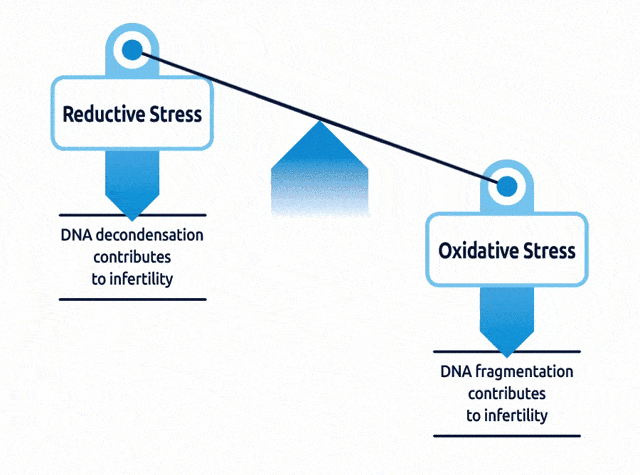Male infertility remains to be a topic which is not understood well. Fertility issues are often wrongly assumed to be a female issue, but the fact is that infertility is just as likely to be down to a male factor as it is a female factor. This can lead to men who are referred to their urologist feeling overwhelmed and unaware of what to ask or expect.
What you can expect from your appointment
You are likely to have a physical examination and be asked a number of questions some of which you might feel a bit embarrassed to answer. It is important to remember that for your doctor this will be just another day at the office, they speak to patients like you every day and are only asking these questions to give you the best care that they can. Be honest with them even if you are not sure of the relevance. Sometimes it can be helpful to attend these initial consultations on your own if you are feeling uncomfortable opening up to your urologist in front of your partner, not all couples wish to share everything. Your discussion with your health care professional is strictly confidential so you should be as open and honest with them as possible to receive the best possible care.
Ask them questions
Don’t feel uncomfortable about asking your urologist some questions as well. Getting information from them will help give you a clearer picture of your situation. Your partner may also have questions and this is a great opportunity to gain reassurance and ease any concerns you may have at each stage.
Be open with them
If there are any clear physical symptoms which you have noted, then ask about them no matter how personal they might feel. A good example would be if your semen is looking or smelling different to normal. This would be something that most men would feel embarrassed to talk about, but it is important that you do. A change in either odour or appearance of semen can be an indicator of an infection. You will almost certainly be asked to provide a semen sample in order to run some tests on your sperm.
Physical examination
Usually there is a general physical examination including an examination of the genitals. This can help identify any abnormalities and can also help identify a varicocele, a varicose vein within the scrotum adjacent to the testicles that can contribute to reduced sperm quality.
Ask about your sperm test
If you are asked to give a sperm sample, you should ask about the sperm test and what it checks for. A basic sperm test looks at morphology (the shape and structure of the sperm), motility (ther rate of forward progression of the sperm) and sperm count. All of these are important factors that play a role in male infertility. A very low sperm count is called oligospermia and a zero sperm count is azoospermia, which means there’s no sperm in a man’s ejaculate. Low motility and morphology are key aspects of male fertility, but this overlooks one of the most important factors in sperm quality; DNA fragmentation. This is caused by oxidative stress in your sperm cells, which damages the DNA inside the sperm head and can significantly reduce male fertility. You should ask your urologist about having a DNA fragmentation test. Sperm which has damaged DNA in the sperm head is far less likely to fertilise the egg and, even if it does, the pregnancy may often end in miscarriage. Sperm DNA fragmentation testing is a non-invasive procedure performed on a semen sample, usually before treatment as an additional diagnostic test. There are no significant additional risks to the patient, usually costs extra, as it is not a routine test. Correct treatment for DNA damage could help you to conceive naturally. If not, it will improve your chances of a successful IVF cycle by helping produce healthier sperm.
Treatment for DNA fragmentation
DNA fragmentation is caused by oxidative stress and, once diagnosed or suspected, is often treated with antioxidants. On the face of it this seems very logical – oxidative stress should be treated with an antioxidant to counteract the damage caused, right? Well, not exactly. A Cochrane review did not see a significant difference in pregnancy rates for men treated with antioxidants compared to those that were untreated. Cochrane Reviews are systematic reviews of primary research in human health care and health policy and are internationally recognised as the highest standard in evidence-based health care.
The reason why antioxidants are not as effective can sound complicated but it is actually fairly simple when you break it down so, please stick with us…
Strong antioxidants help to eliminate oxidative stress that causes DNA fragmentation but in turn they can cause the opposite effect – reductive stress. .This results in DNA decondensation, where the DNA inside the sperm head is unravelled, which has just as bad an effect on male fertility as DNA fragmentation.

Decondensation? Reductive stress? Oxidative stress? Fragmentation? It all sounds very overwhelming. But the key to it all is balance, we want to eliminate the fragmentation without causing decondensation. So how do you find this balance?
This is why we at Fertility Family suggest Impryl. Impryl has a unique formula of active ingredients which have been carefully put together in order to activate your body’s own natural antioxidant defence. This natural antioxidant defence is produced only where it is needed and solves the problem of DNA fragmentation without causing DNA decondensation. Almost all other male fertility supplements contain strong antioxidants, which might not help you and may do your sperm harm. You can learn more about Impryl and how it works here. For pricing, reviews and delivery information please head to our shop.








